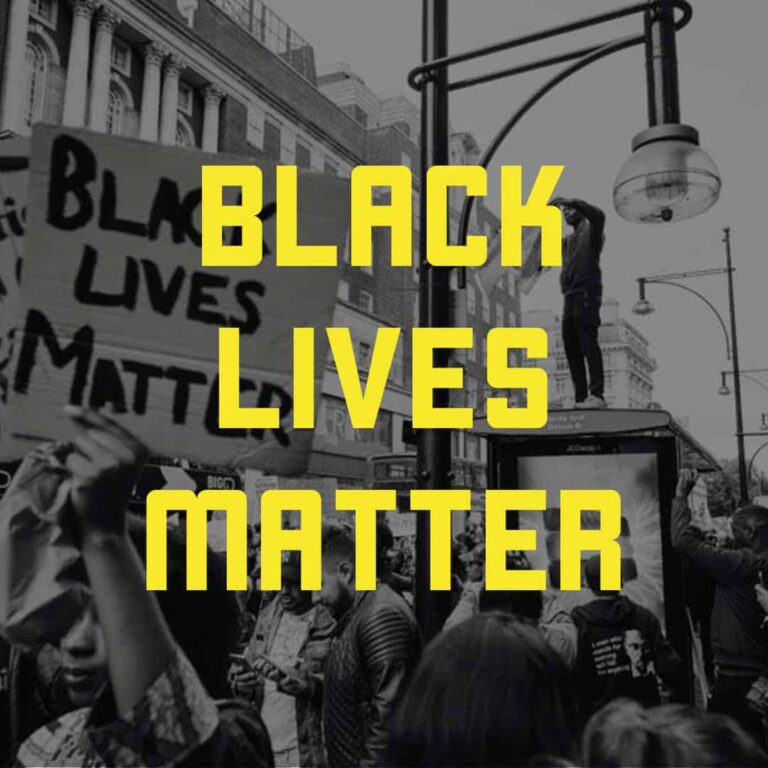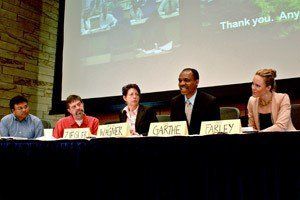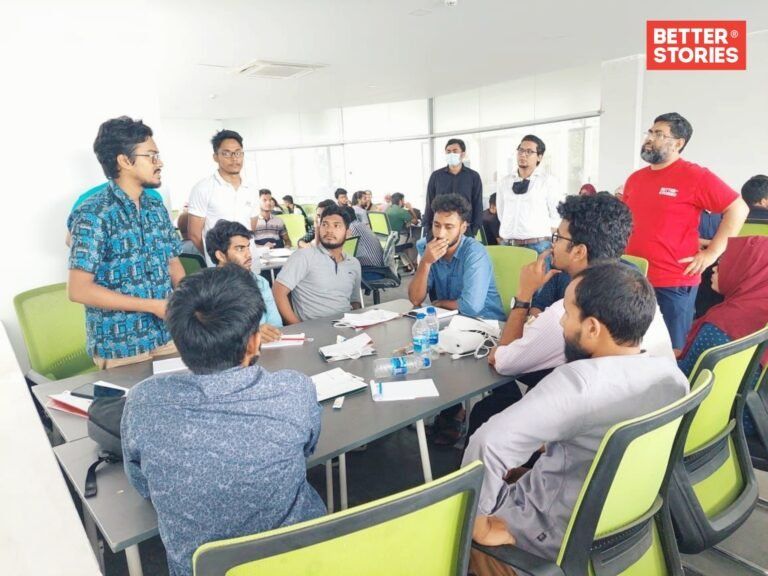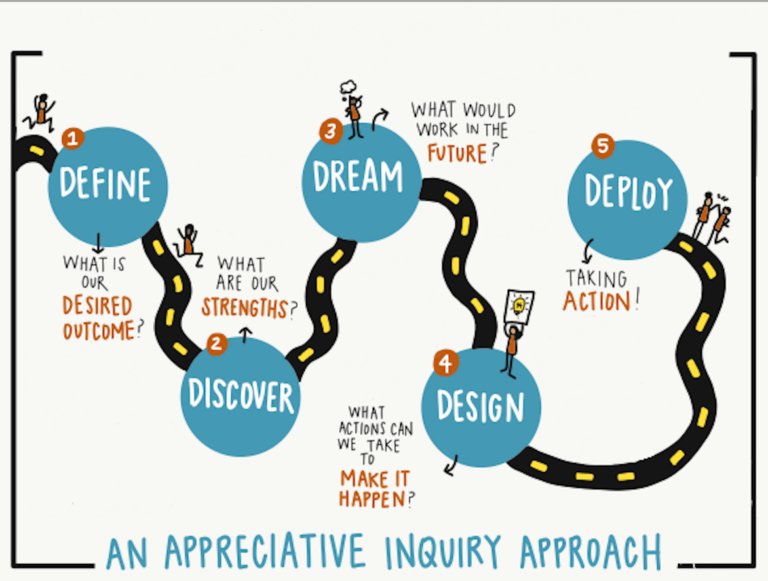Stop, Collaborate, and…Read: GKI launches 2013 Collaborator’s Toolkit
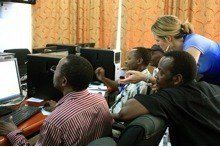
In our work, we often encounter researchers, students, policymakers, and other leaders who know the benefits of working together, but are unsure of what tools exist or how to utilize them to help create an effective network. Intuitively, we know that humans are social creatures, and research shows that collaboration has multiplicative, rather than additive, benefits—the power of a cohesive, well-functioning network of partners and resources is far more than the sum of its parts. Armed with this evidence, the challenge we frequently face relates to the how of collaboration instead of the why.
Rapid advances in technology have made collaboration more practical and productive than ever before, and yet the sheer number of available tools can be overwhelming. GKI created the 2013 Collaborator’s Toolkit to tame this conundrum.
In consultation with international experts, our staff identified over 50 tools in five categories that speak to the most commonly cited bottlenecks for collaboration in a distributed network: 1) managing team communication and organization, 2) sharing and authoring files jointly, 3) creating social and collaborative communities, 4) sourcing additional ideas, and 5) accessing new knowledge resources. Recognizing the critical role that mobile phones are playing in developed and developing countries, there is a sixth group of tools designed specifically for use with mobile messaging. Within these categories, the Toolkit offers details on critical functions, strengths and limitations, costs, and availability for each tool. The Toolkit also provides a simple, condensed assessment of tools’ cost, connectivity, and functionality.
Since developing the Toolkit, GKI has piloted it with entrepreneurs, policymakers, and academics in Africa, and shared it with the Emerging Leaders in Science and Society program of the American Association for the Advancement of Science. With the Toolkit, our goal is to empower researchers, students, and others to adopt the most effective and relevant tools needed to forge effective partnerships and solve their unique challenges. It is our sincere hope that the 2013 Collaborator’s Toolkit will prove valuable to anyone aspiring to build a network of problem solvers across distances large and small. For more information, or an advance copy of the Collaborator’s Toolkit, email GKI Senior Program Officer Amanda Rose at: amanda@gkinitiative.org.
Contributor: Colin Huerter


